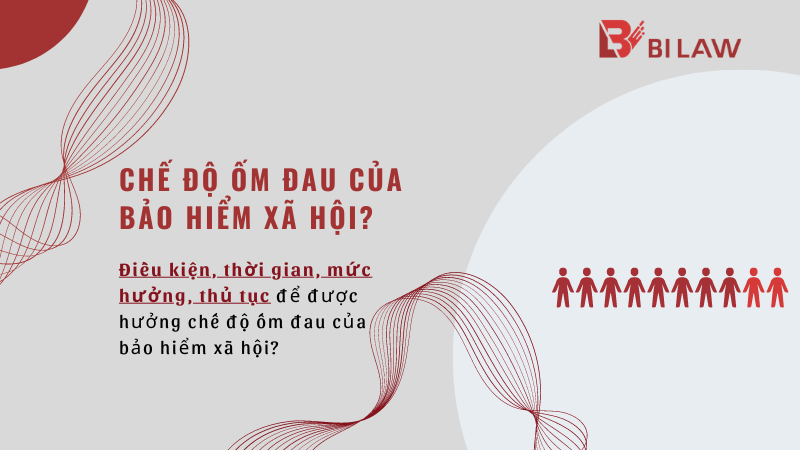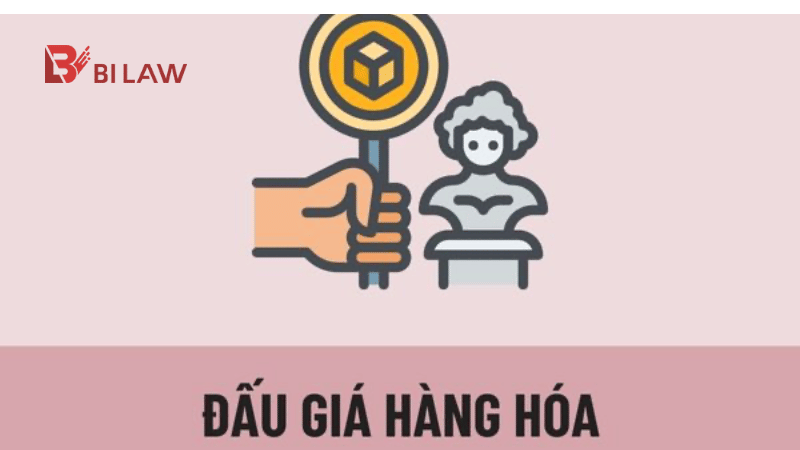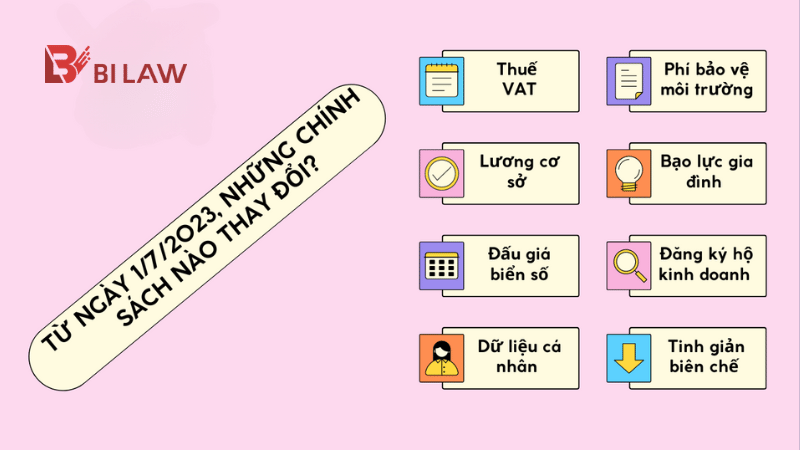Inheritance always has an important position in any social stage because this is also a legal form to protect citizens’ rights. Therefore, inheritance has become an indispensable need for the life of each individual, family and social community. Psychologically, the individual not only wants to have power over his wealth while he is alive, but also wants to dominate it even after death. Therefore, the State has recognized the individual’s inheritance rights to that property through the making of a Will. The law stipulates that individuals have the right to make a will to dispose of their property, to leave their property to the heirs according to the law or according to the will, when they die, their property will be left to the family. who, how much, etc. But what is a legal Will in accordance with the law and what related work needs to be done, not everyone knows.
In this article, Bi Law Firm we will answer those problems as follows:
According to Article 624 of the 2015 Civil Code: “A will is an expression of an individual’s will to transfer his/her property to another person after his/her death”.
Wills can be in writing or oral. The will must be made in a Vietnamese text that can be handwritten or typed on visible and readable paper. If it is not possible to make a will in writing, an oral will is possible. Written wills include 04 types: Wills in writing without witnesses; A written will with witnesses; Notarized written will; Certified written will. Where a person’s life is threatened by death and it is not possible to make a written will, an oral will may be made. After 03 months from the time of oral will, if the testator is still alive, sane and wise, the oral will is automatically annulled.
How is a will considered legal?
Pursuant to Article 630 of the 2015 Civil Code.
First, a lawful Will must fully satisfy the following conditions:
– The testator is lucid and lucid while making the will; not be deceived, threatened or coerced;
– The content of the will does not violate the prohibition of the law, not against social ethics; the form of a will is not contrary to the provisions of the law.
Second, the Will of a person aged between full fifteen years and under eighteen years must be made in writing and must be approved by a parent or guardian on the making of a will.
Third, The will of a person with physical limitations or of an illiterate person must be made in writing by a witness and notarized or authenticated.
Fourthly, a written will without notarization or authentication is only considered legal if all the conditions specified in Clause 1 of this Article are satisfied.
Fifth, an oral will is considered legal if the oral testator shows his or her final will in front of at least two witnesses, and immediately after the oral testator shows the final will, the witness take notes, co-sign or point. Within 5 working days from the date the oral testator expresses his/her final will, the will must be certified by a notary public or a competent authority to certify the signature or fingerprints of the witness.
In short, in order for a Will to be legal and implemented, it is necessary to comply with the requirements prescribed by law. The will is considered as a unilateral civil transaction. If a civil transaction is to be recognized as legally valid, it must satisfy four conditions for validity of a civil transaction in general as prescribed in Article 117 of the 2015 Civil Code. legal effect when the testator dies, so this estate transaction has a very special nature. If another civil transaction can authorize another person to perform or can be established and performed by a legal representative, the making of a will cannot appoint someone to make a will on behalf of a person. others. Therefore, Article 630 has provisions on conditions that the testator must comply with (Conditions on content, subject capacity, voluntary will, physical condition or illiterate).
In principle, a will takes effect from the time when the person who has the property (the person leaving the estate) dies or when a court decision declaring that person has died takes legal effect. Only from that time will the inheritance relationship arise and the heirs will have the rights and obligations prescribed by law. When the person leaving the estate has not died, the will has been made but has not yet taken effect, the decisions on his/her property have not been implemented in practice, and legal rights and obligations have not arisen. of related subjects and that person has the right to cancel or change the content of the will at his/her will.
For many people who are not knowledgeable about will making, they can ask for the help of experienced people. With a team of experts who are good at wills, Bi Law Firm is always ready to do things such as consulting, supporting wills, etc.


 Tiếng Việt
Tiếng Việt 中文 (中国)
中文 (中国) 日本語
日本語 한국어
한국어









